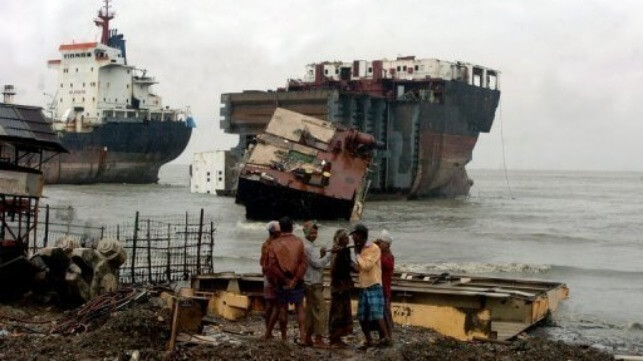A new storm is rocking the global goods supply chain. It will most likely be short-lived—but shipping firms are still getting a boost.
In 2023, trade disruptions from the pandemic and the Ukraine war seemed poised to finally ease. Then came Gaza: and a series of attacks by Houthi militants on commercial ships passing through the Red Sea, bottling up traffic around the Suez Canal.
The effect on shipping rates—and shipping stocks—has been eye-opening. Shares of
, a top global container shipper, and those of German shipper
have shot up 19% and 34% respectively in the past three weeks. It’s no great mystery why: Spot rates for shipping have skyrocketed. The World Container Index compiled by London-based Drewry Shipping Consultants rose over 60% in the past two weeks.
That is quite a turnaround for an industry which was bracing for weaker global trade and softer rates this year. The Drewry index had lost 22% since the beginning of 2023, until two weeks ago.
But the share-price reactions are probably overdone—mainly because of big new shipping capacity about to come online. That means the bottleneck, while real, is likely to ease again before long.
New container shipping equal to about 11% of the current fleet will enter the seas this year, according to DNB Markets estimates. DNB reckons shippers will add additional capacity equal to 7% of the current fleet in 2025. And the brokerage estimates that fleet utilization was only about 70% in 2023 before the disruptions—well below levels in recent years which have consistently been over 80%.
Christian Roel offs, co-founder and CEO of Container exchange, expects the rerouting of container ships around Africa to tie up around 5% to 20% of global capacity, keeping freight rates high this quarter. Still, he sees the situation as “acute but not chronic.”
Rates could still head higher in the coming weeks—especially if headlines remain dramatic and the security situation deteriorates further. And the Suez Canal is a vital artery in global trade through which about a quarter of container trade passes annually. That will give shippers a real earnings boost, at least for a while.
But the relief is likely to be fleeting unless the current Middle East ructions widen into something much worse—or global trade unexpectedly gets much better in mid 2024.



